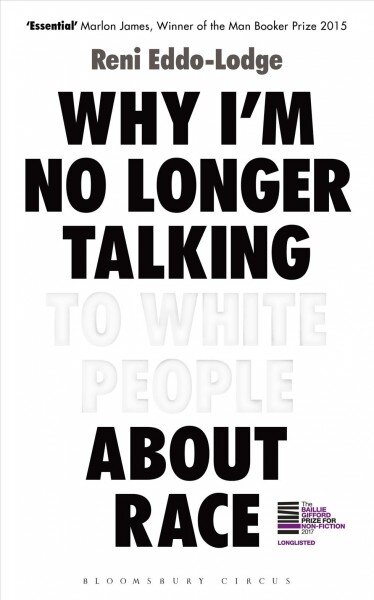- 14,329
- 19,291
- Joined
- May 14, 2013
Just saying what I've been taught. I never really thought anything of it.
In elementary we didn't put wigs on, just the hat.
Throughout my entire life I haven't met one black person, or any person in general really, who doesn't partake in the holiday or thinks it's racist.
Black skin, textured hair, bright red lips. Looks like every single black person depicted in the old cartoons.
Wikipedia says he's a black moor
View media item 1802403
Last edited:





